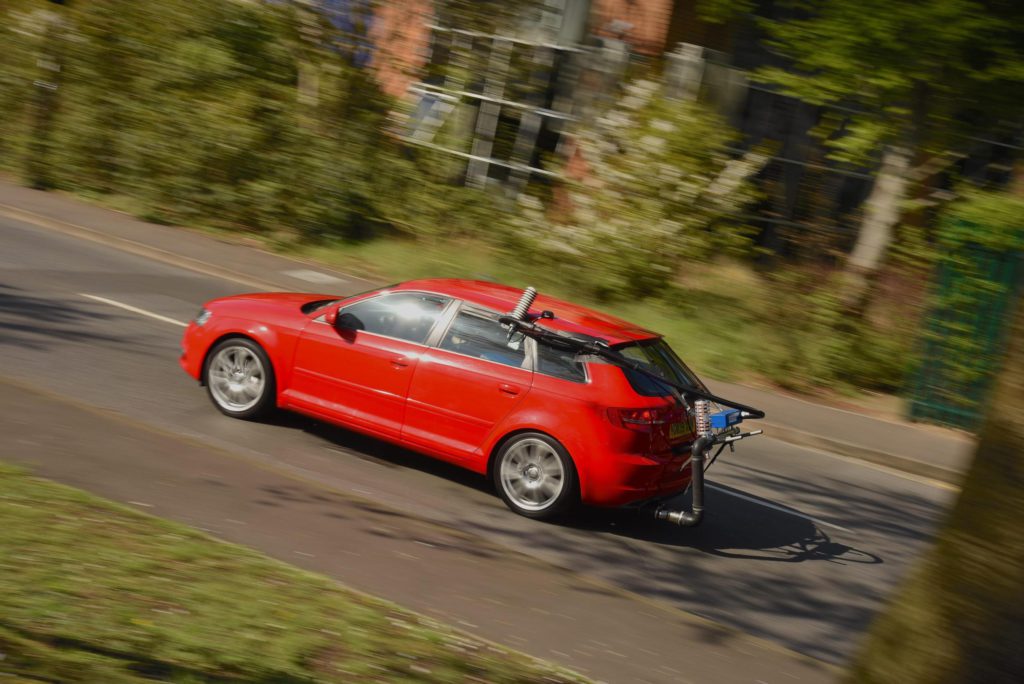Fuel consumption meters to be mandatory from 2020 as EU monitors real-world emissions
22 November 2017

22 November 2017
As the Worldwide harmonized Light vehicles Test Procedure (WLTP) continues for new vehicle models following its introduction in September, the EU Commission has suggested plans to monitor vehicles more closely.
From 2020, devices for measuring fuel consumption will become mandatory in all passenger cars and light commercial vehicles. The topic has already been discussed several times in a committee of experts, with several member states having expressed themselves positively, according to the EU Commission.
According to the EU, the large differences that sometimes occur between vehicle consumption data and the actual consumption of customers on the road causes a number of irritations, between lobbying groups, drivers and the commission itself. The reason for this is that the manufacturers’ consumption data are determined in a laboratory on the test bench in order to create comparable conditions for all vehicles.″¯However, the tests carried out are far from reality, which is why the new test procedure has been in place since September.
According to current plans, the devices should become mandatory from January 2020 in all newly certified vehicle types, and from 2021 in all new vehicles sold. Speaking to German newspaper Spiegel, a Commission official said: ′Manufacturers have learned to manipulate tests in the past. We have to be careful that this does not happen again in the WLTP process.’
In addition to consumption, the devices should also control the emission of CO2.″¯This would enable the Commission to check how many cars actually comply with CO2 limits.″¯The limit is set from 2021 at 95 grams per kilometre.″¯By 2025 emissions are expected to fall by another 15%, and by 2030 by 30%.
However, the new WLTP measurement method leads to significantly different fuel consumption and emission levels from previous tests.″¯The EU Commission is therefore expected to give manufacturers a new CO2 target based on the new test, although this will still be strict.″¯How high this will be, is not yet determined, but experts rather expect a limit of 119 grams of CO2 per kilometre instead of 95 grams in 2021.
The EU member states are expected to vote on the proposal in the spring of 2018. Due to its strong automotive industry, Germany is expected to offer resistance to this plan. However, with the current state of the country’s government following the collapse of coalition talks, its power may not be enough to prevent the plans going through.